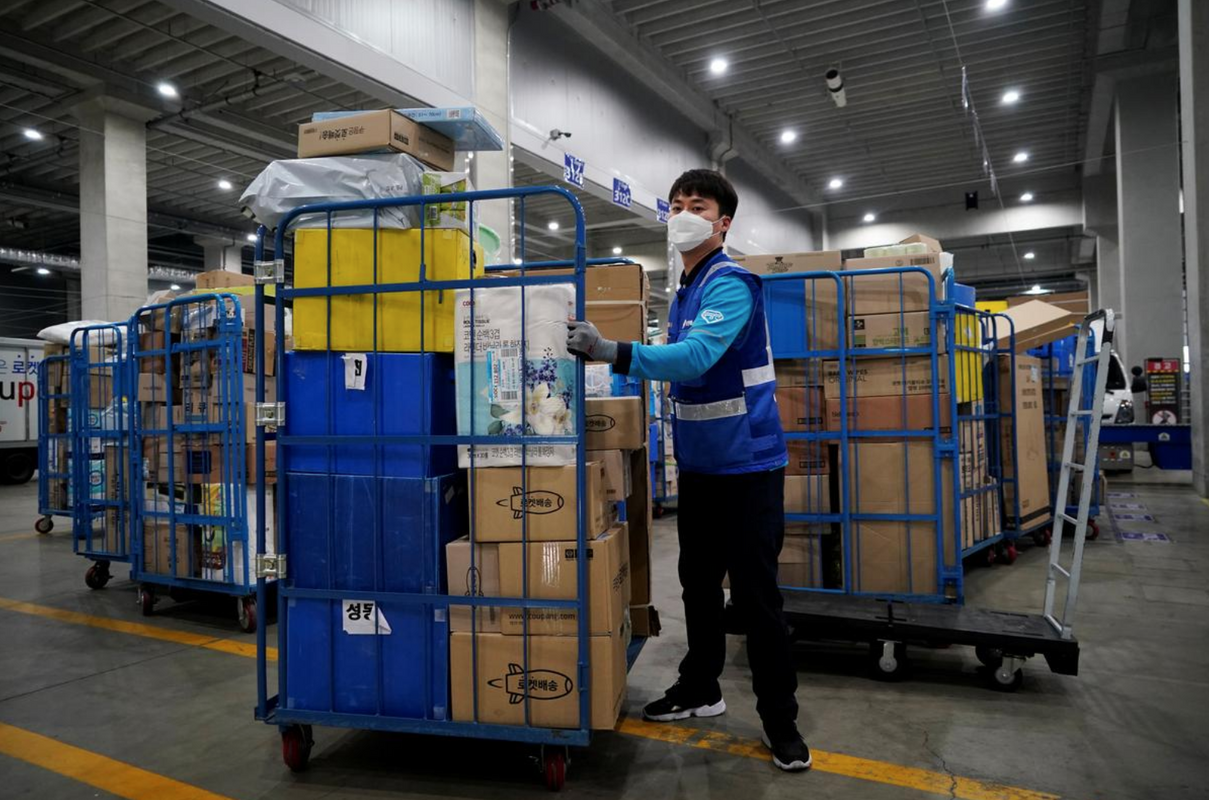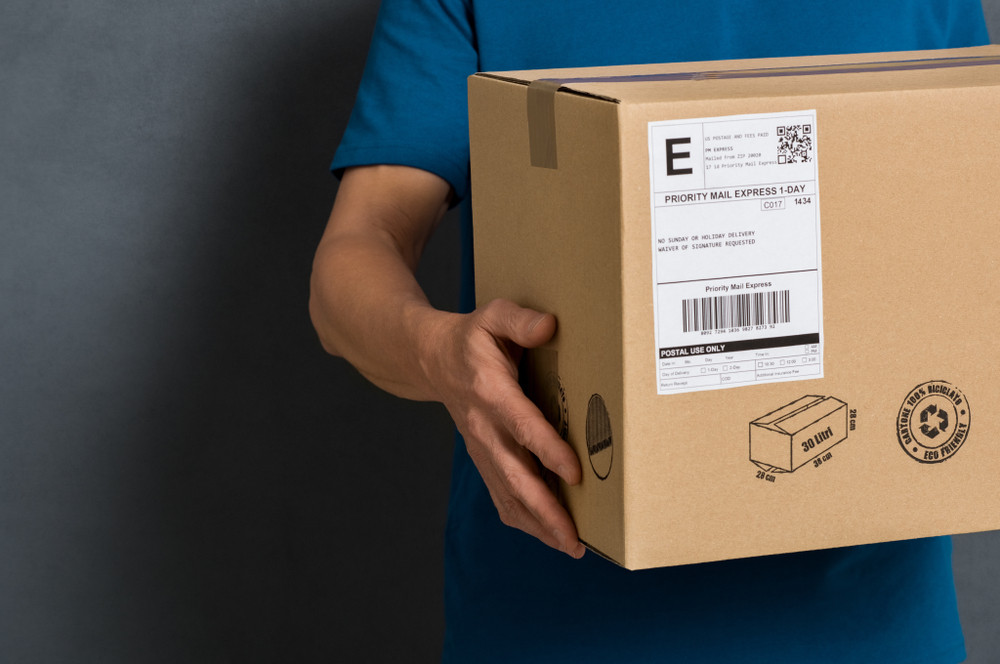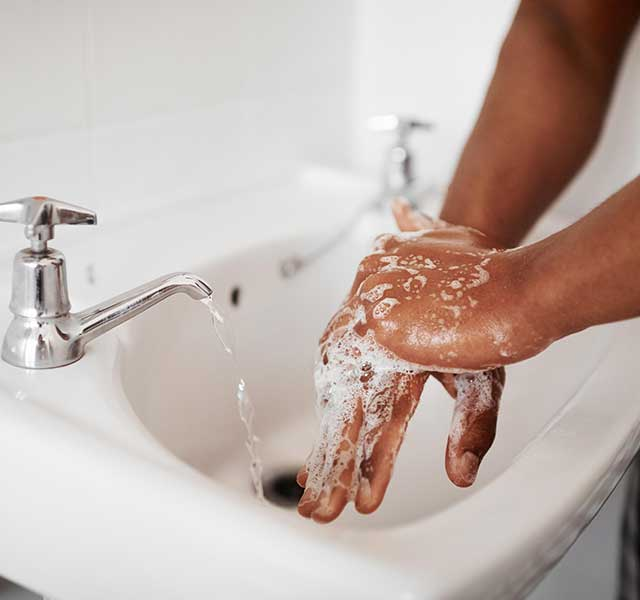Can You Get Infected With COVID-19 By Receiving Online Packages? Experts Weigh In
Concerns arose after a COVID-19 cluster was detected in an e-commerce warehouse in Seoul, South Korea.
An outbreak in one of South Korea's largest online shopping companies has sparked concerns that shoppers could get infected by COVID-19 when receiving their parcels
According to Reuters, more than 117 coronavirus cases have been linked to a warehouse owned by e-commerce giant Coupang. The cluster is responsible for fears of a second wave in the country.
Over in the US, at least nine employees working for Amazon have died due to the virus up until today, 4 June. The company declined to reveal how many COVID-19 cases are in its workforce, reported CNN.
While there are no infection cases related to deliveries yet and South Korean health officers have downplayed the chances of infection via packages, it is not enough to dispel the spectre among online shoppers all around the world.
So can shoppers be infected by the coronavirus after touching a package sent to their doorstep? Experts are conflicted about this.
To start off, a highly cited study published in the New England Journal of Medicine revealed that SARS-CoV-2, the virus that causes COVID-19, can live up to 72 hours, depending on surfaces.
Here are the findings of the lifespan of the virus on different surfaces:
- Copper: four hours
- Cardboard: 24 hours
- Plastic: 72 hours
- Steel: 72 hours
The results were even echoed by the World Health Organization (WHO).
Typically, an item purchased online comes in a bubble wrap sitting inside a box.
Professor of Infectious Diseases at Korea University Guro Hospital Kim Woo-joo said that while there is no research on how long COVID-19 can live on bubble wraps, he believes that the result could be between 24 and 72 hours.
However, the condition in a laboratory test is very different from the condition in the outside world, especially since packages go through many different temperatures when being shipped
Yale Medicine infectious disease specialist Joseph Vinetz said that a COVID-19 detection on a surface does not guarantee transmission, reported Health.com.
The chief fellow of the infectious disease programme of the same university, Alan Koff, contended that the temperature changes packages go through and the length of the delivery will impact the survival of the virus.
Hence, this is why popular less-than-24-hour deliveries, such as Coupang's 'bullet delivery' and Amazon Prime, are dangerous to online shoppers, some experts argued.
According to News-Medical.net, citing a website called Germ Defence, leaving arrived packages outdoor for more than 72 hours can greatly reduce the risk of COVID-19 infection.
The advice was supported by Dr Ben Ainsworth from the Department of Psychology at the University of Bath and Professor Lucy Yardley from the NIHR Health Protection Research Unit in Behavioural Science and Evaluation at the University of Bristol.
They say the precautionary practice could not only prevent the public from contracting COVID-19, but also colds and flu.
"Most people think that if a family member gets ill, then it is just a matter of luck whether other people in the household get infected. But our team has shown that the people who follow the Germ Defence advice get fewer and less severe infections," said Yardley.
Meanwhile, another expert said online shoppers should be safe as long as they wash their hands after receiving packages
Ki Mo-ran, a professor of cancer control and population health at the National Cancer Center in South Korea, said transmission through packages is very unlikely.
"Just a small amount of virus is not that contagious ... the handles of a public restroom could be more dangerous," he said.



